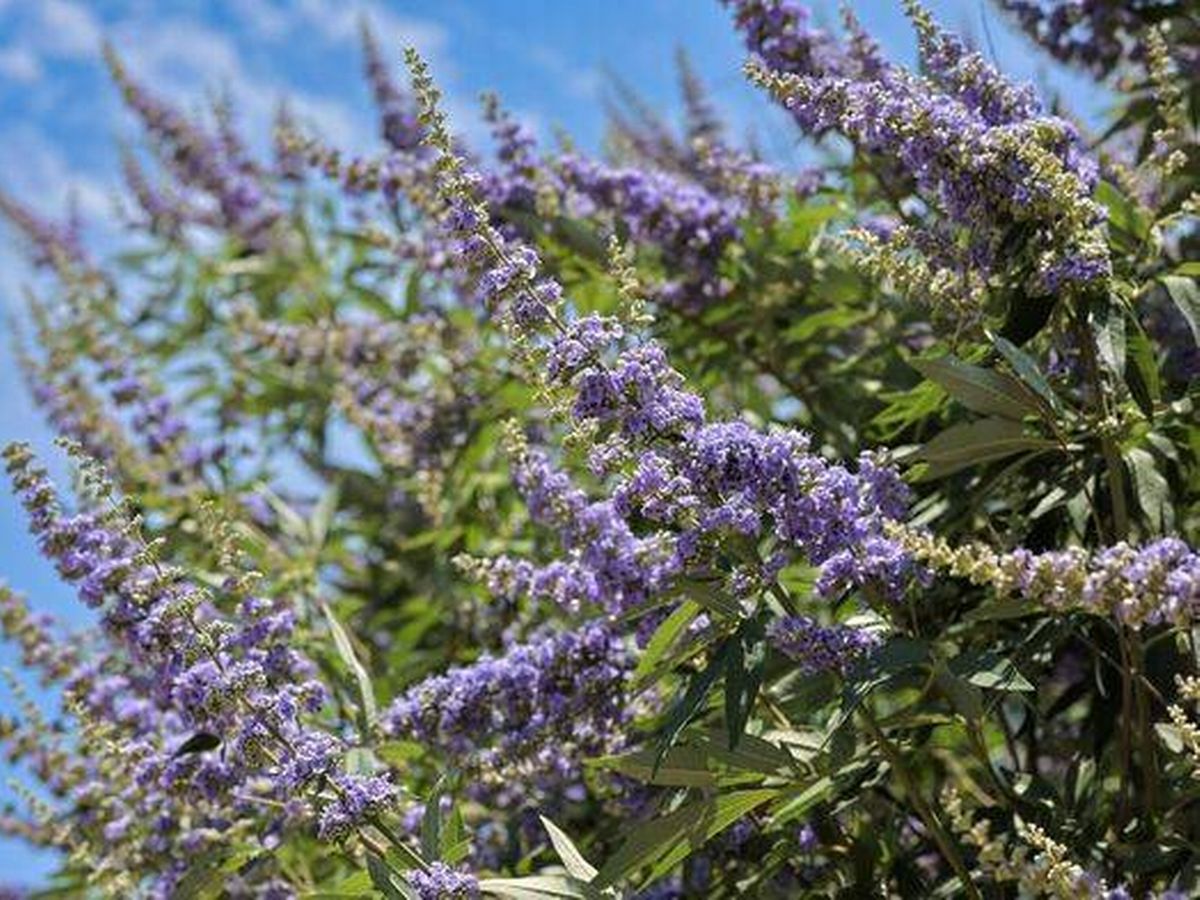The balmy weather brings with it the joy of outdoor gatherings and fresh air, but also signals the unwelcome return of wasps. A few stray wasps might be a mere annoyance, but a full nest can lead to costly removals, with prices soaring up to 拢241. Before turning to chemical sprays or professional pest control, consider a natural and affordable alternative, advises Liam Cleary, an outdoor plants expert at Old Railway Line Garden Centre. He suggests using a fragrant and common plant to deter wasps. Liam explained: “Wasps are highly sensitive to strong scents, and lavender is one they really don’t like. READ MORE: Watch big rat spark panic in Birmingham city centre as bin strike rumbles on “Planting it near seating areas, doorways, or patios can help mask the smells that attract them, like food, sugary drinks or perfumes.” Not only does lavender repel wasps, but it’s also a visually appealing plant with aromatisation benefits, reports the Mirror . The essential oils in lavender, such as linalool and camphor, emit a potent floral fragrance that’s pleasing to humans and pollinators, yet unappealing to wasps, reports the Express. As an added bonus, lavender is incredibly low-maintenance, making it an ideal choice for a hassle-free garden. “It’s low maintenance, smells incredible, and keeps your garden feeling calm, all while helping you enjoy a wasp-free zone,” Liam added. Lavender thrives in full sun, prefers dry conditions, and is available in both compact pots perfect for patios or larger bushes ideal for lining garden paths. Whilst potted lavender is priced around 拢6, those on a shoestring budget can choose to plant seeds, which are a mere 49p. For optimal results, Cleary suggests planting lavender in a sunny location and utilising raised planters or pots for easy relocation if needed. For those particularly plagued by wasps, pairing lavender with other naturally deterrent herbs such as mint, thyme, or lemongrass can form a potent aromatic shield.
